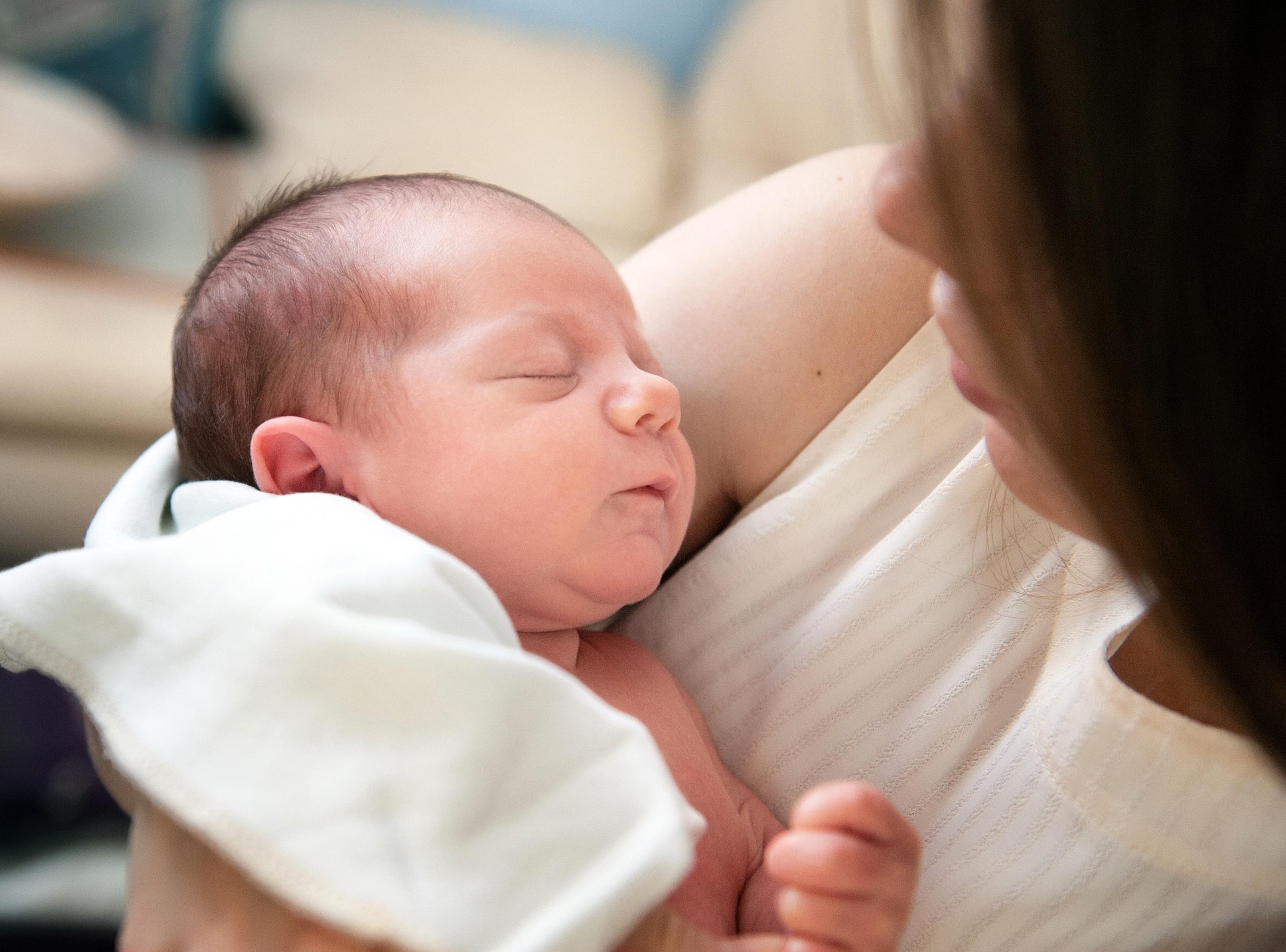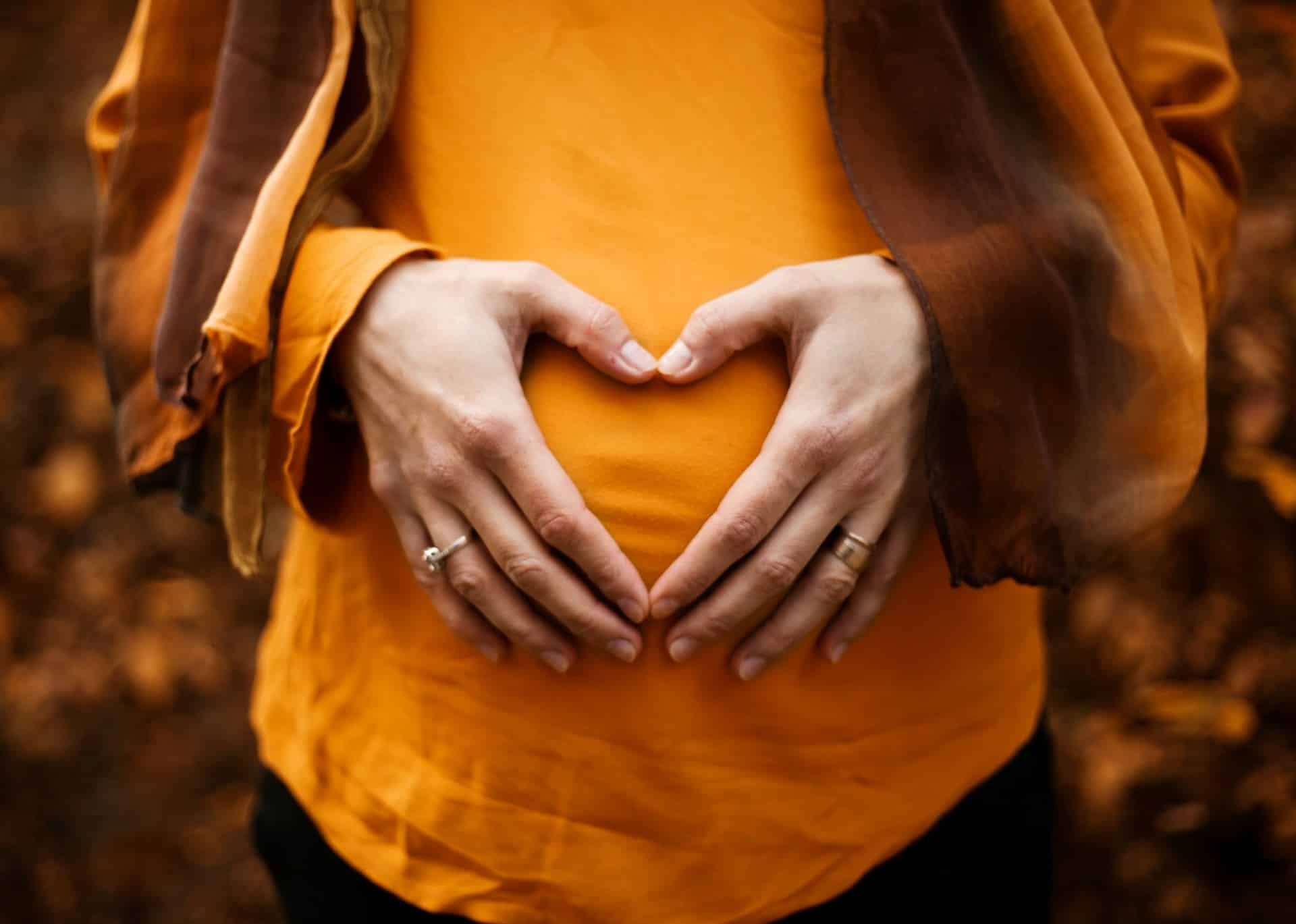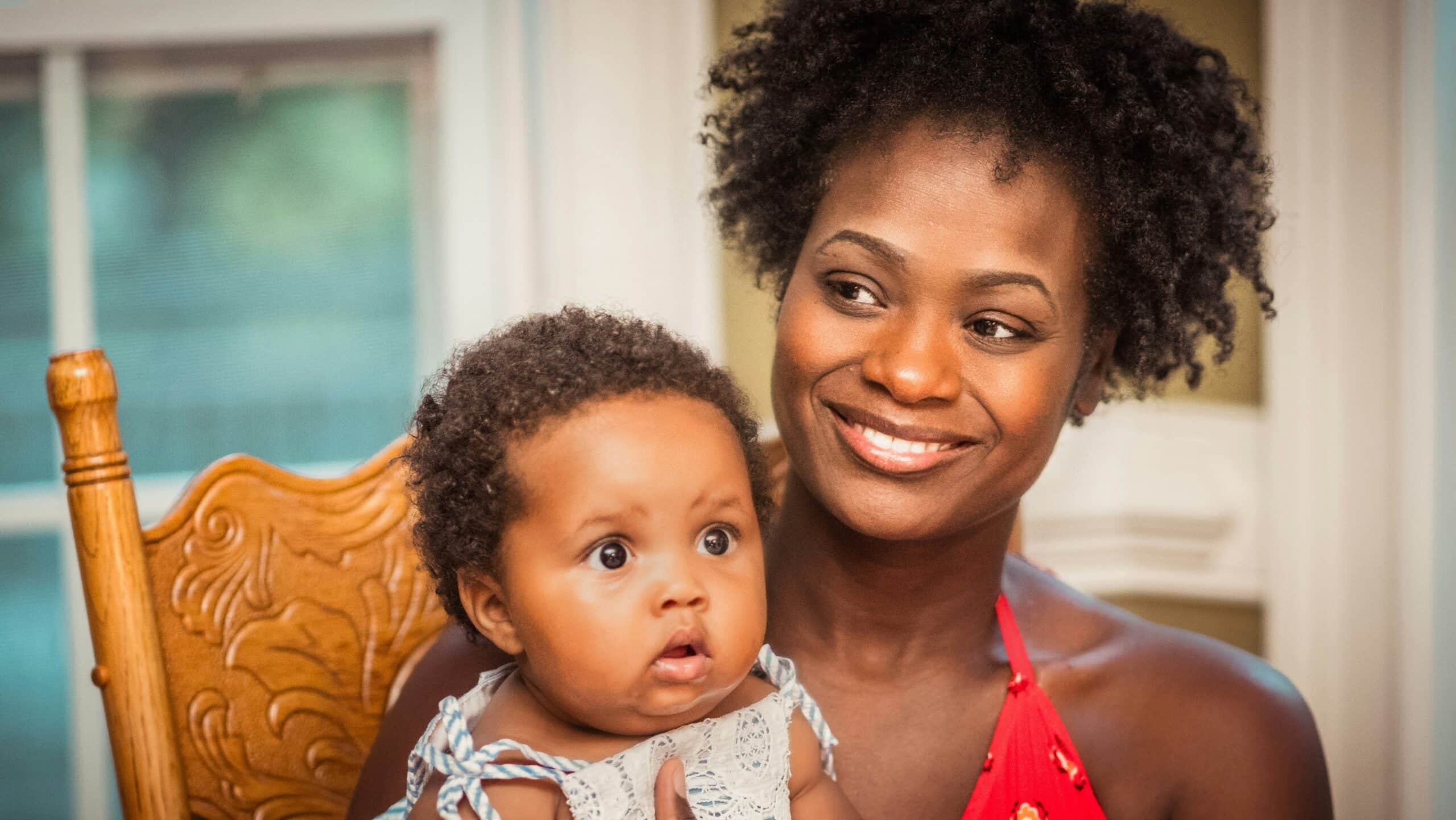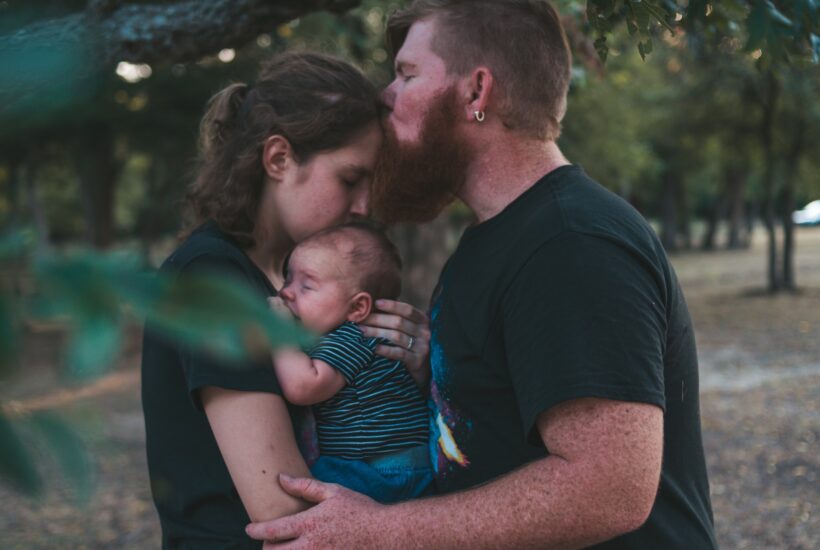Before giving birth to your child, you might have expected sleepless nights, dirty diapers, and emotional ups and downs. What you might not have expected were terrifying, intrusive thoughts that seemed to come out of nowhere. Some of these thoughts might look like images of accidentally dropping your baby down the stairs or of harming…
postpartum
The Many Faces of Postpartum Worry
The postpartum period is often described as a time of joy and bonding, but for many new moms, it’s also a time of worry. Transition to parenthood is a significant life change, bringing emotional, hormonal, relationship, and lifestyle shifts all at once. Caring for a newborn while adjusting to your life being completely different makes…
Supporting Trauma Survivors During the Perinatal Period
The perinatal period can be challenging, and for those who have experienced trauma, it can be triggering. Survivors of trauma who are pregnant, trying to get pregnant, struggling with infertility, or have delivered children often encounter situations that remind them of previous trauma. These experiences may be traumatizing in and of themselves. Loved ones of…
Mental Health in the Perinatal Period: Interview with Marco Renzi, LCSW, PMH-C
In this interview, we sat down with Marco Renzi, MA, LCSW, PMH-C, an experienced psychotherapist, clinical supervisor, and manager of intake operations at Wildflower Center for Emotional Health, to discuss his deep commitment to supporting individuals and couples as they transition to parenthood. Marco brings a compassionate and informed approach to his work with both…
Breastfeeding and Postpartum Mental Health
Today, approximately 83% of mothers in the United States are attempting to breastfeed (Bresnahan et al., 2019). The World Health Organization (WHO) recommends that breastfeeding should occur within the first hour of life, should be done exclusively for 6 months, and should continue up to 2+ years of age (CDC, 2024). However, the rate of…
Getting Support as a New Father During the Postpartum Period
The postpartum period is a significant life transition, and as such can be incredibly challenging. As many as 1 in 5 women experience a mood or anxiety disorder during pregnancy and/or the first year postpartum (Howard et al., 2014). Additionally, the postpartum period affects the whole family, not just the birthing person. Evidence shows that…
There Is No Health Without Mental Health: Maternal Mental Health Awareness Month
The transition to parenthood is often described as a journey, yet this word does not sufficiently capture the dramatic and profound nature of change and transformation that takes place during this time. A more appropriate term might be “odyssey.” There are very few, if any, other life experiences that match the physical, emotional, mental, relational,…
Navigating the Transition to Parenthood as a Team and How The Bringing Baby Home Workshop Can Help
The transition to parenthood is one that comes with profound shifts in identity, roles, and relationships. These shifts inevitably impact parents as individuals and as partners. Renowned psychotherapist and relationship expert, Esther Perel, states that “having a baby is a psychological revelation that changes our relation to almost everything and everyone” (Perel, 2006). These words…
Self-Care During the Postpartum Period: Strategies to Minimize the Risk of Postpartum Mood and Anxiety Disorders
The postpartum period is filled with many physical, psychological, and emotional changes. Matrescence is a term that aptly captures this experience. It is defined as the physical, social, hormonal, and identity shifts associated with becoming a mother and is a distinct stage of life (Sacks, 2017). In reflecting on matrescence, Ignacz (2018) states, “Life will…
A Partner’s Guide to Supporting a Successful Perinatal Journey
The transition into parenthood is a profound and transformative experience. The months leading up to bringing baby home are often filled with anticipation, joy, fear, anxiety, and more. And once you welcome that tiny, new family member into your home, those emotions only tend to magnify — understandably so. Perinatal mood and anxiety disorders (PMADs)…











